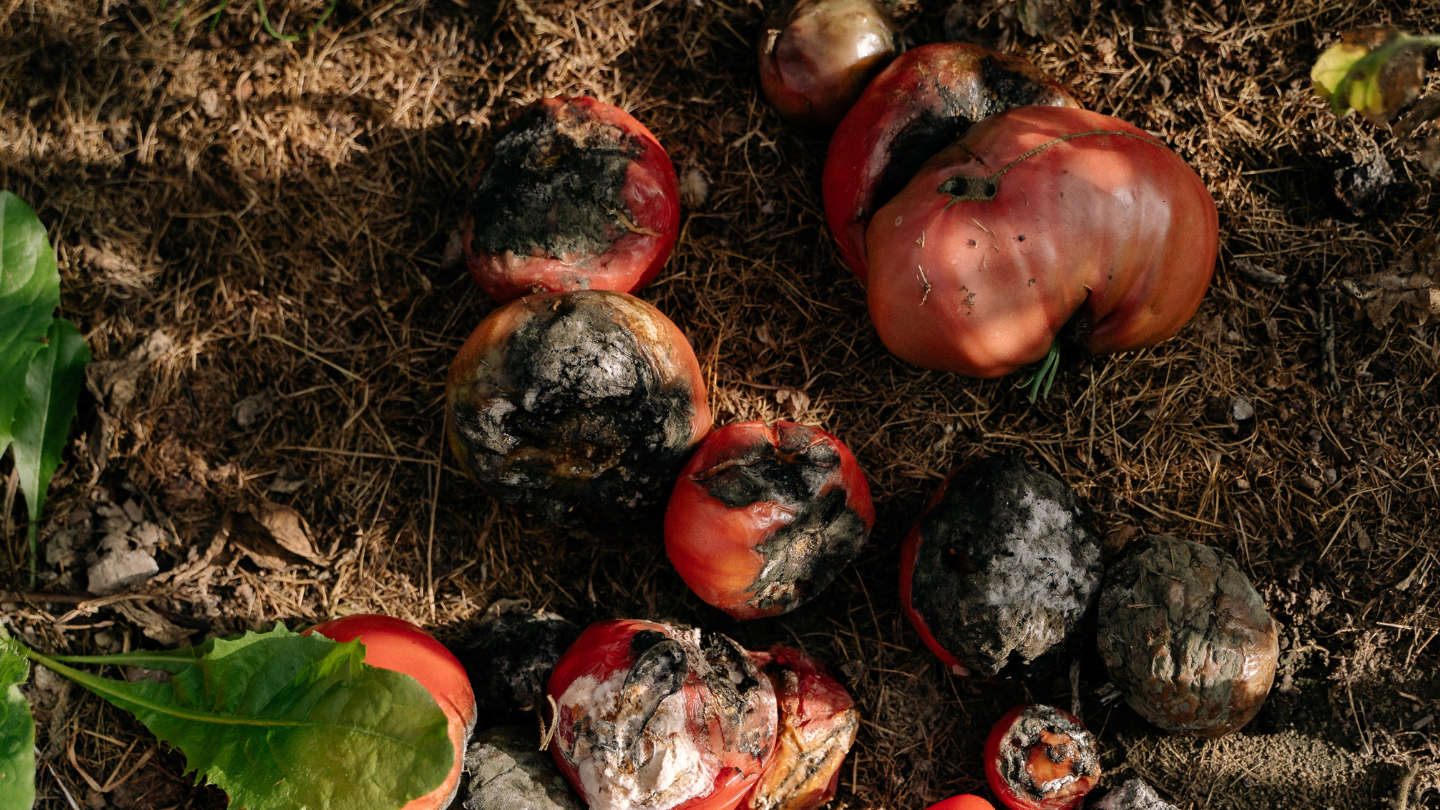Back to the Garden: A 10-Day Devotionalنموونە


Rotten Tomatoes
Did you know that gardening not only benefits the individual but also the environment and the things that live in it? If we think of our lives in the same way, we can be beneficial to ourselves, and the people around us, and advance the Kingdom of God.
I'm not a gardening expert and to be quite frank, I barely know how to keep a plant alive; but one garden I have been able to get superb advice on how to maintain is myself as an individual and the life that I live. To gain access to this advice is through Jesus Christ and the Word of God.
So, friend, I would like to volunteer myself to be your gardening partner and begin sharing the gardening strategy that will shift your life in many ways. The beauty of having our garden, we can choose what gets planted. First things first, we must clean up our gardens, pull some weeds and decide what we’re growing!
The number one rule to gardening is – if you won’t eat it, don’t plant it. In other words, if you don’t want to reap things that are not of God, don’t plant or sow seeds in your life that will grow things that do not align with what God intended for you.
I can tell you with boldness that tomatoes would NOT be in my garden! Don’t take it up with me, take it up with Jesus! Tomatoes are not my jam and I promise you it is not something I would plant because I don’t plan on eating it. But in all seriousness, if we are talking in the context of our spiritual garden, there are many things far worse than a tomato that we don't want to be planted in our garden: fear, pride, anger, hatred, unforgiveness, greed, etc.
In Galatians 5:19-21, there are some other distasteful fruits to God that He does not recommend us planting in our garden: sexual immorality, impurity, lustful pleasures, idolatry, sorcery, hostility, quarreling (arguing), jealousy, outburst of anger, selfish ambition, dissension (conflict), division, envy, drunkenness, wild parties, and many other sins.
Over the past few years, I’ve had to remove a lot of rotten fruit from my garden, like unforgiveness, pride, anger, drunkenness, and lust to name a few. I want to be real with you, there is still some rotten fruit that I need to continue to remove from my garden like fear and impatience. These are fruits that have no nutritional value. I would rather do the hard work in planting fruit of the Spirit that will always satisfy my spiritual appetite, instead of planting crops that will not be edible when in full bloom.
Rotten fruit is not something any of us wants to consume let alone give to anyone else to eat. Any fruit that God doesn’t approve of will make you sick and everyone else who is in contact with it. So, let’s evaluate the rotten fruit that we planted in our last garden, find, and dig up the roots so that they don’t grow back in our new garden!
Reflect
- Out of all the rotten fruit that was listed in today's scripture, list any of those fruits you planted in your last garden.
- List out any more rotten fruit that you planted in your last garden that may have not been mentioned in the scripture.
First, thank you for your vulnerability. It takes a lot to point out the rotten fruit in our lives. There are three points I want to leave with you today:
- The amount of rotten fruit you have doesn't change how much God loves you.
- There is no condemnation for those who believe in Jesus Christ; you do not have to sin or keep rotten fruit in your garden because it doesn't have dominion over your life any longer. Throw the rotten fruit away with JOY!
- Most importantly, gardens can be fixed; huge thanks to the Holy Spirit because we are on our way to doing just that!
Scripture
About this Plan

Are you tired of settling for less than what God has for you? Do you want to reap the harvest He intended for your life? In Galatians, Paul makes it clear to us that "a man reaps what he sows". Join me on this 10-day journey to prepare the grounds and make our way... back to the garden.
More
پلانە پەیوەستەکان

Let's Talk About...the Content We Create

The Noble Experiment

A Road Map for Life | Returning to the Truth of God's Word

Prepare the Way: A 21-Day Reading Plan Through John by Justeina Brownlee

Raising Money-Wise Kids: A Parent's Guide to Biblical Money Values

Intentionally Appreciating Our Children: A 3-Day Parenting Plan

Uniquely Made: 10 Scripture Prayers to Nurture Your Child’s Heart

EquipHer Vol. 7: "Empower Your Voice, Impact Your Audience"

Take the Wisdom Challenge: 31 Days in Proverbs Together
